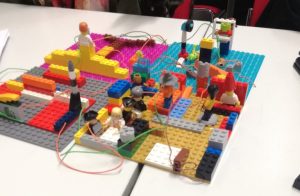
Supervising PhDs: Creating a sense of belonging
This is an extract from a guest post on the Supervising PhDs Community Blog, which I co-authored with Dr Jo Collins from University of Kent. In the post, we explore what research supervisors can do to help develop a sense of belonging amongst their doctoral students.
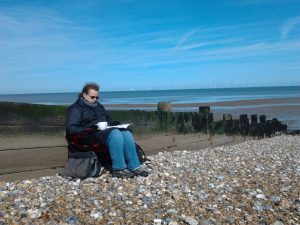
Supervising PhDs: Dealing with ‘atypical’ students
This is an extract from a guest post on the Supervising PhDs Community Blog, where I explore the experience of "atypical" students, and what research supervisors can do to better support those "atypical" students.
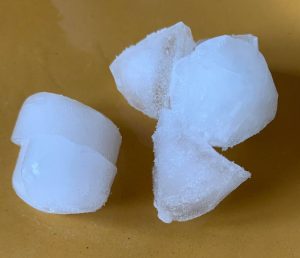
Ice breakers: starting lessons or meetings
This post is about ice breakers, and how we can plan for starting a session effectively without distracting from our contents.
Liberating the Curriculum: Ableism in Academia
This is an extract from a guest interview on the Liberating the Curriculum website of UCL published in relation to my ableism in academia work. In this post, I reflect on my ableism work, how I came about to take a leading role in the activism around ableism in academia.
Conferencing “disabled style”
This is an extract from a guest post on the Conference Inference blog published upon invitation in relation to my ableism in academia work. In this post, I illustrate what it means to do conferencing "disabled style", when your body and/or mind are not typical, and what the realities are of navigating and negotiating conference spaces under the influence of visible and invisible conditions.
Disclosure Dances in Doctoral Education
Disclosure dances - I am inviting you to take in part in my research project. Information, contact details and consent form available from here.
Bodies and buildings: How the chronically ill or disabled experience buildings in academia
Bodies and buildings - I am inviting you to take in part in my research project. Information, contact details and consent form available from here.
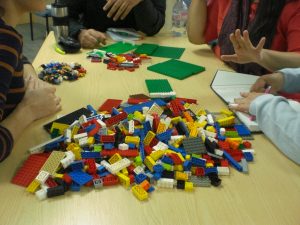
LEGO® reflections in Higher Education
This is a guest post on the Advance HE website published after I had delivered a successful workshop at the HEA Annual Conference demonstrating how to use LEGO reflections in higher education.
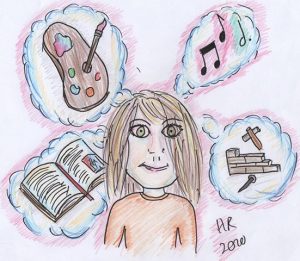
Guest post: Creativity in the Curriculum – An Exam Production-Line
In this guest post Dr Helen Ross reflects on the exam production line of our current school system.
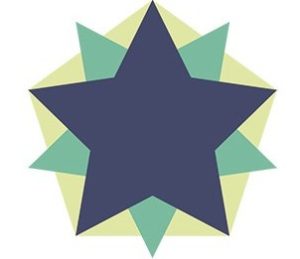
NADSN Position Paper
The National Association of Disabled Staff Networks (NADSN) has produced a COVID-19 post-lockdown position paper. In this paper, NADSN’s observations about the lived experiences of disabled people during COVID-19 are discussed alongside considerations of the changing workplace and relevant policies and practices. The paper concludes with a series of recommendations concerning disabled staff.
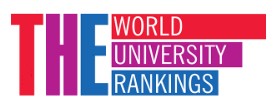
Invisible disabilities in academia
This is a contribution to Times Higher Education from February 2018 about invisible disabilities in the higher education sector.

Strategies to manage academic life
This is a post I wrote in July 2018 about how neurodiverse, chronically ill and disabled academics manage their academic life. This was published as a guest post on the Chronically Academic blog.

Innovative research methods
This is a call for contributions of max. 8000 words to "Failures and fallacies of innovative research methods . If you are interested in exploring your failures and fallacies regarding innovative research methods submit your abstract here.
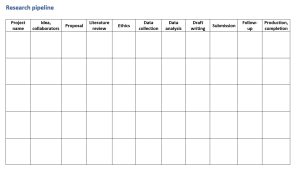
The research pipeline: managing the publications process
This post outlines how to maintain a research pipeline to plan and manage publications systematically and links to a word template.
Using creative methods to collect data in social research
Workshop to explore creativity within research and to identify opportunities to use creative methods within the research process.
Analysing data that has been collected using creative research methods
Workshop to consider analysis in qualitative research with a specific focus on how to treat and deal with data that is not textual, but comes out of the use of creative methods (drawings, paintings, pick-a-card, models, etc.)